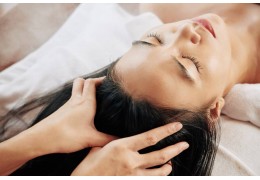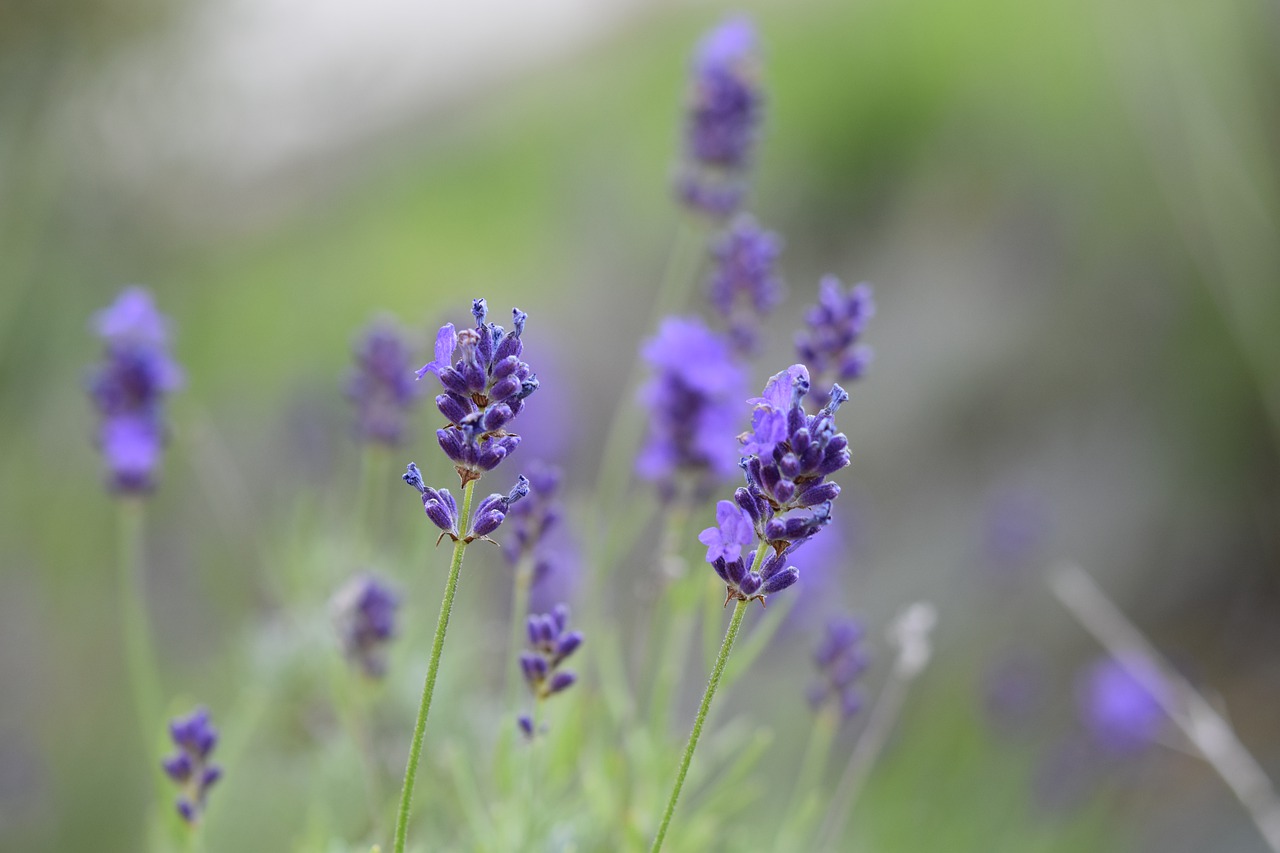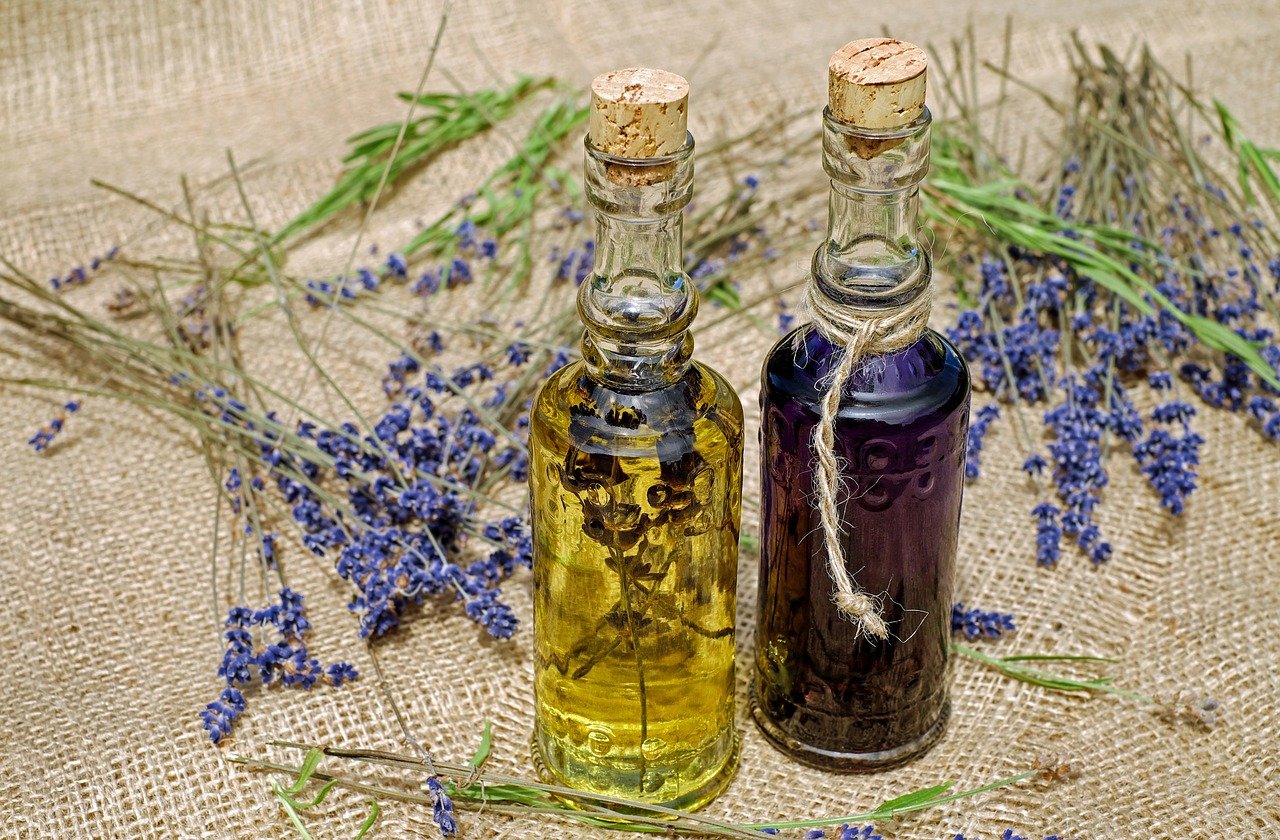Blog categories
Search in blog
Popular posts





Featured posts






The powers of perfume and scents on our well-being are immense, but also quite complex. Smells can trigger many emotions that are often quite difficult to understand Proof of this, the reflex we often have to close our eyes gently to better appreciate a familiar fragrance. The world of perfume and cosmetics has well defined these expectations and is now able to offer subtle and very evocative scents. Studies have helped them to better understand the smells that make us feel good and act positively on our emotions. We will discover in this article the power of perfume, far more important than we might think.
Smells are often like keys to another world full of sensations and memories. They have a strong evocative power, like the famous “madeleine de Proust”. The only smell of freshly baked madeleines allows Marcel Proust to revisit scenes from his childhood.

In a world where the need to escape becomes a necessary and saving luxury, perfume can, mixed with other senses such as hearing or sight, give us incredible sensory experiences. The perfumers were then introduced to this concept, which was already used by certain places such as museums, and which allowed visitors to better soak up a stage by using certain scents. The giants of cosmetics are therefore constantly looking for new and very evocative perfumes to immerse consumers in a pleasure never before experienced.
The goal today is to create an olfactory balance between emotions and scents, so that consumers have the keys to their well-being. The goal is for everyone to find their own fragrant pleasure. We then see creative workshops flourish around the personal creation of the perfume that resembles us. You can be dictated by your mood, your desires of the moment, or simply by seasonality. Woody fragrances, floral, fruity or spicy notes, hints of musk, cedar, patchouli or bouquet of sandalwood, jasmine or bergamot: everything is possible and combinable. The ultimate goal is to be carried away by a fragrance and to do good in depth.
To find out what smells do us good, you have to mix different universes. It can be fragrant scents of nature that give us pleasure: undergrowth after the rain, smell of freshly cut herbs, trees in bloom, freshness of the sea air, etc. Or simply smells of everyday life that make us happy: brioche or cake coming out of the oven, coffee smell in the kitchen, clean laundry spread, etc.
Our approach to odours is personal, whole and holistic, a fragrance that animates us may not elicit emotion in someone else. These scents call for something personal, more or less buried. A particular perfume can also be found in different products: if you like the orange blossom for example you can .
feel it in nature, but also in a care product, household, cosmetic, etc. And yet, this smell will give us a pleasant feeling overall, regardless of its shape

If perfumes do us so much good, they can also appeal to memories. It has long been emphasized that the smells we especially love are closely linked with a personal memory. Thus, the more familiar a perfume will be, the more you will like it. This is due to the fact that the limbic system (area of the brain that manages odors) is close to the one that processes memories and thus triggers emotions. Gourmet scents (chocolate, caramel, strawberry, vanilla, etc.) generally remind us of childhood, and spices have flavours of travel.
But some mythical skincare and makeup products, well anchored without our heritage, can also evoke reminiscences: the smell of Nivea face cream or Guerlain free powder for example. To forge the memory, the odour in question must be powerful and persistent enough in time. Since our sense of smell is generally less powerful than the other senses, it also compensates by recording the context within which the smell in question will have been felt, and the emotions experienced at that moment. With a new perception of the same scent, everything will reappear like a block.
Of course, this need to experience new sensations through perfume touches the beauty sector. Brands and boutiques specialising in cosmetics and perfumery had to adapt their role. If the use of perfume followed for a long time the social codes and those imposed by fashion, one moves little by little towards a new approach, more hedonic and turned towards oneself. Perfumeries and other distribution networks now offer perfumes with scents that allow to arouse emotions and well-being in the consumer.

This allows everyone to find the right fragrance based on their desires and moods. An interesting letting go that allows to know each other better and thus to be in total harmony, by simply listening to each other. Today, perfumers and major cosmetics companies are inspired by these elements to enrich their products. We know that the more pleasant a smell is and the more room it takes in our brain, while preparing the nervous system to increase the effects when it is felt again. So it’s no longer a secret: the more we like a perfume, the more it will affect our well-being.
We now know the precepts of the power of perfume, a complex and exciting subject. To go further, the researchers were also able to demonstrate the benefits of scents to help relieve ailments such as anorexia, invasive cancer treatments, or to allow the return of memory after head shock.